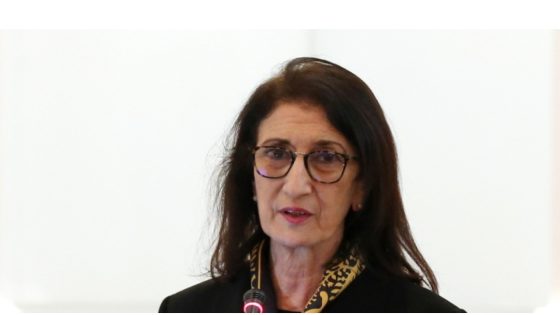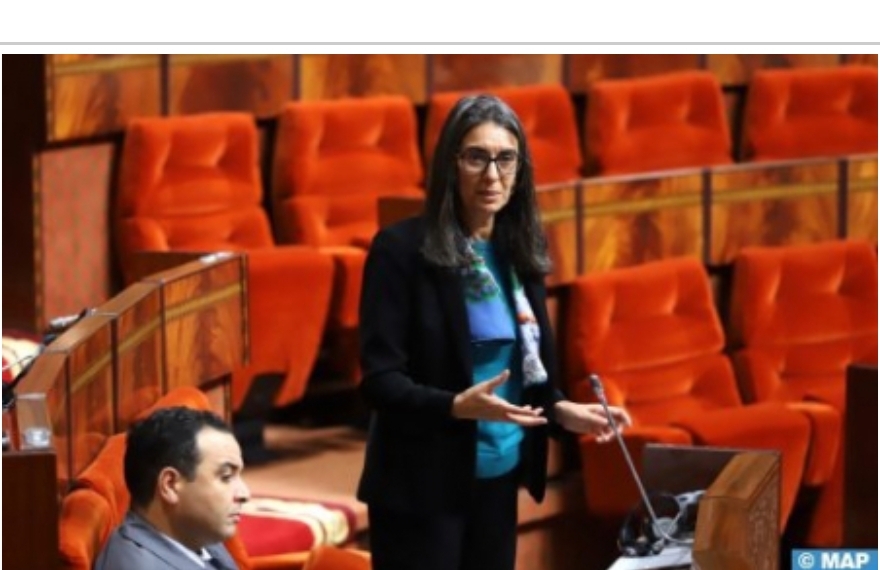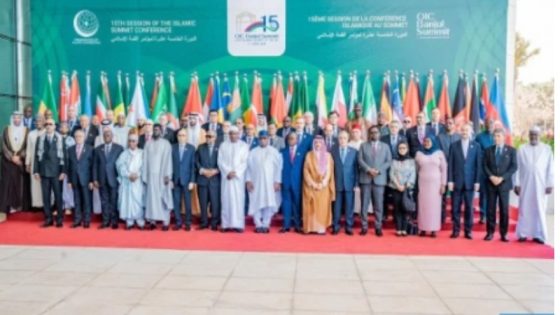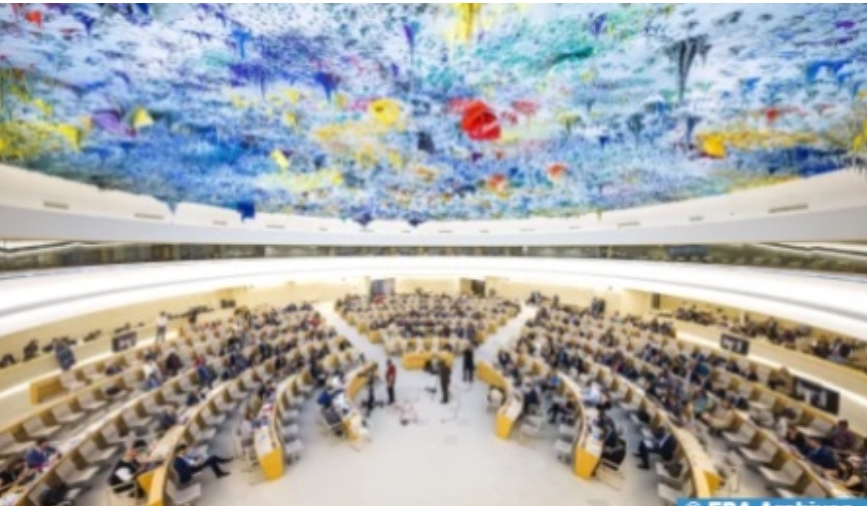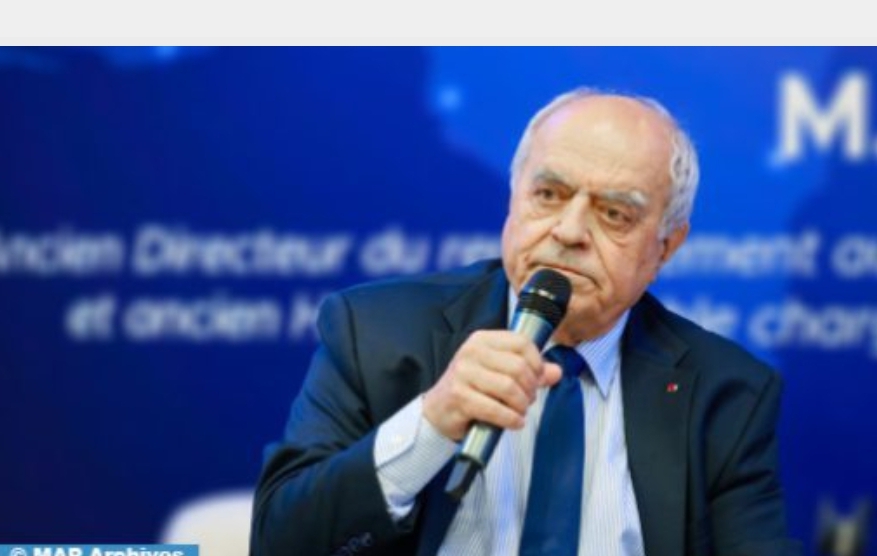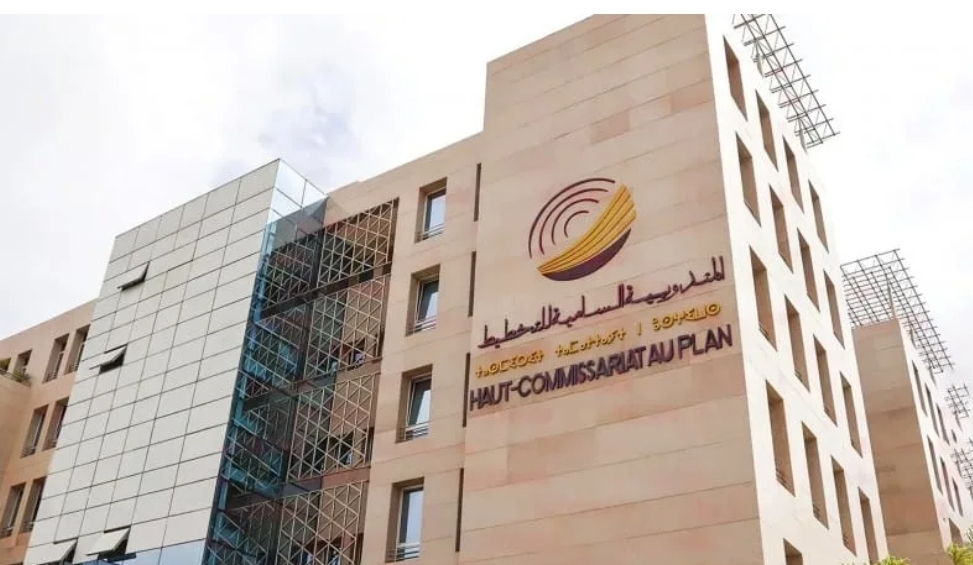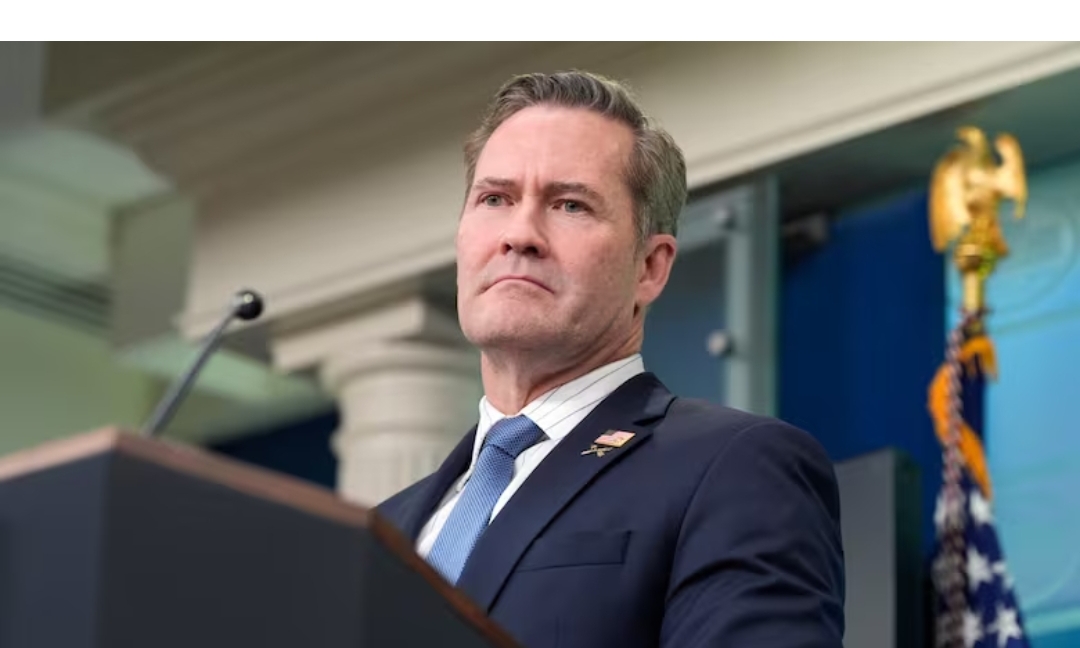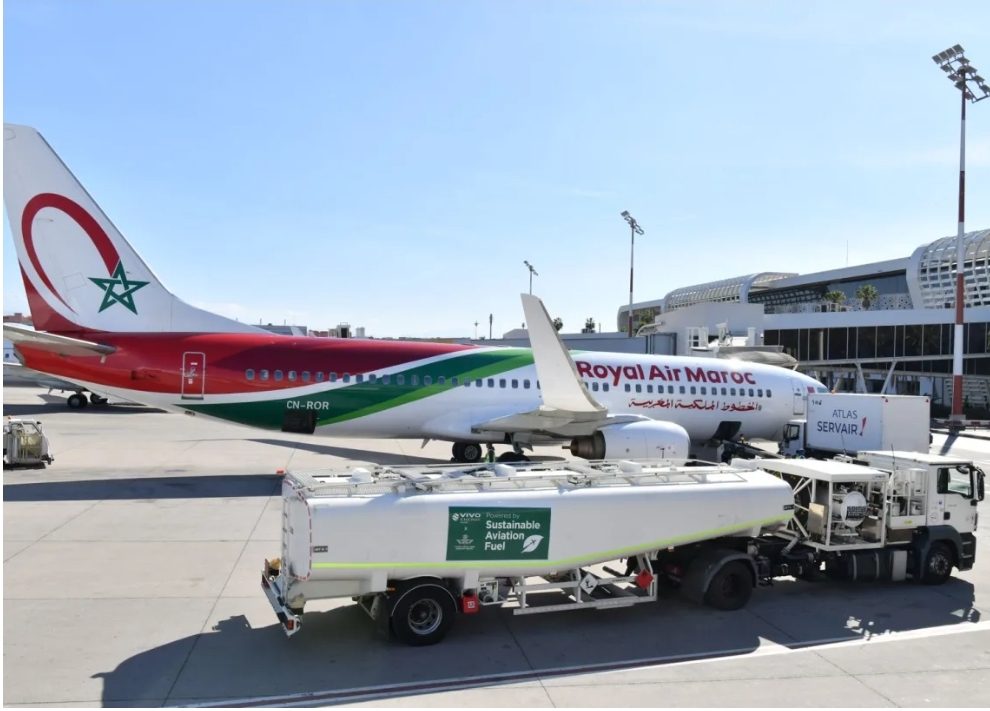Assahafa.com
The African Atlantic Gas Pipeline (Nigeria-Morocco) strategic project is progressing “extremely well,” thanks to the commitment of all the countries involved, emphasized the Managing Director of the National Office of Hydrocarbons and Mines (ONHYM), Amina Benkhadra.
Stemming from the far-sighted vision of His Majesty King Mohammed VI and former Nigerian President Muhammadu Buhari, and supported by President Bola Tinubu, this project has a truly strategic scope, insofar as it will contribute to accelerating access to energy for countries in this African subregion, given that some countries have an electrification rate of less than 40%, Benkhadra told MAP on the sidelines of a regional workshop to review and approve the project’s Intergovernmental Agreement (IGA) and Host Government Agreement (HGA) (August 27-30).
“This flagship project, which symbolizes the relevance of South-South Cooperation, will contribute to economic and social development, notably through the development of various industries, including the mining sector, given the significant mineral resources in the countries it passes through,” the official said.
After stating that these countries need sustainable energy in order to develop, Benkhadra explained that implementing this project will contribute to sustained growth and job creation, and will thus be a stabilizing factor for young people in this subregion of the Continent.
For the official, the Atlantic African Pipeline project will also contribute towards more integration in the African subregion, lamenting the fact that Africa remains the least integrated continent in the world, despite the fact that any integration is undoubtedly conducive to growth and development.
Which is why, according to Benkhadra, the project is more than just an energy transport and access project. It is a major project that will guarantee political, economic and social stability in this part of Africa, and contribute to greater energy security not only in Africa, but also between the continent and Europe.
Benkhadra added that the African-Atlantic Gas Pipeline will also enable gas to be exported to Europe, thereby helping to reduce Europe’s dependence on other suppliers of natural gas by diversifying its sources of supply.
On another note, she welcomed the holding in Abidjan of this workshop dedicated to examining and approving the IGA and HGA of the Gas Pipeline project, recalling that this working meeting is part of the progress of the strategic Morocco-Nigeria gas pipeline project.
“Today, the experts from the thirteen countries involved in this project, are meeting in Abidjan, Côte d’Ivoire, to finalize the Intergovernmental Agreement (IGA) or treaty to be signed by all the States, and the HGA, which is the governmental agreement between a country and the project company,” she noted.
“We are delighted by the presence of experts and representatives from all the countries involved, demonstrating their willingness and commitment to contribute to the execution and completion of a project as strategic and structuring as the Atlantic African Gas Pipeline (Nigeria-Morocco),” she said.
After pointing out that the IGA is a fundamental element in the development of this type of major cross-border project, in that it will set out all the conditions for the management and governance of the project between all the countries involved, she recalled that this intergovernmental agreement has been in preparation for over a year between ONHYM and NNPC, and has been the subject of several workshops in Rabat and Marrakech throughout 2023 and 2024.
She concluded that today, thanks to the Economic Community of West African States (ECOWAS), which is fully involved in this project, “we are practically in the final stages of discussions with all the countries involved, represented by their experts, representatives of their energy ministries and national companies.”
Source: map
